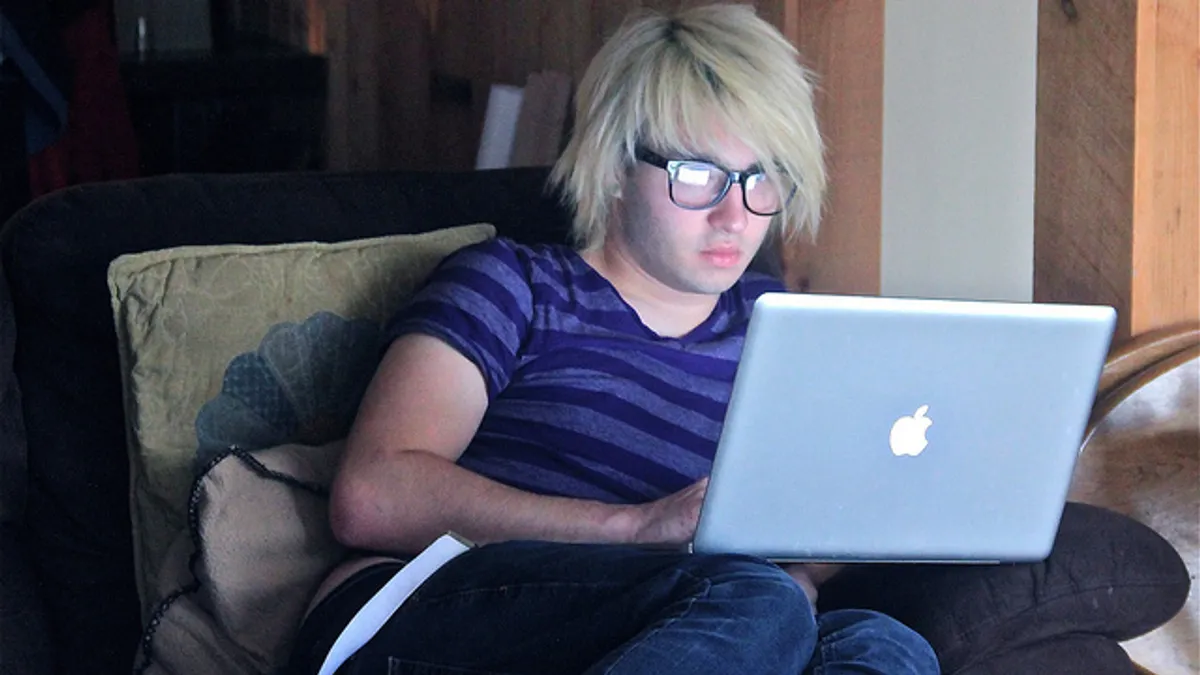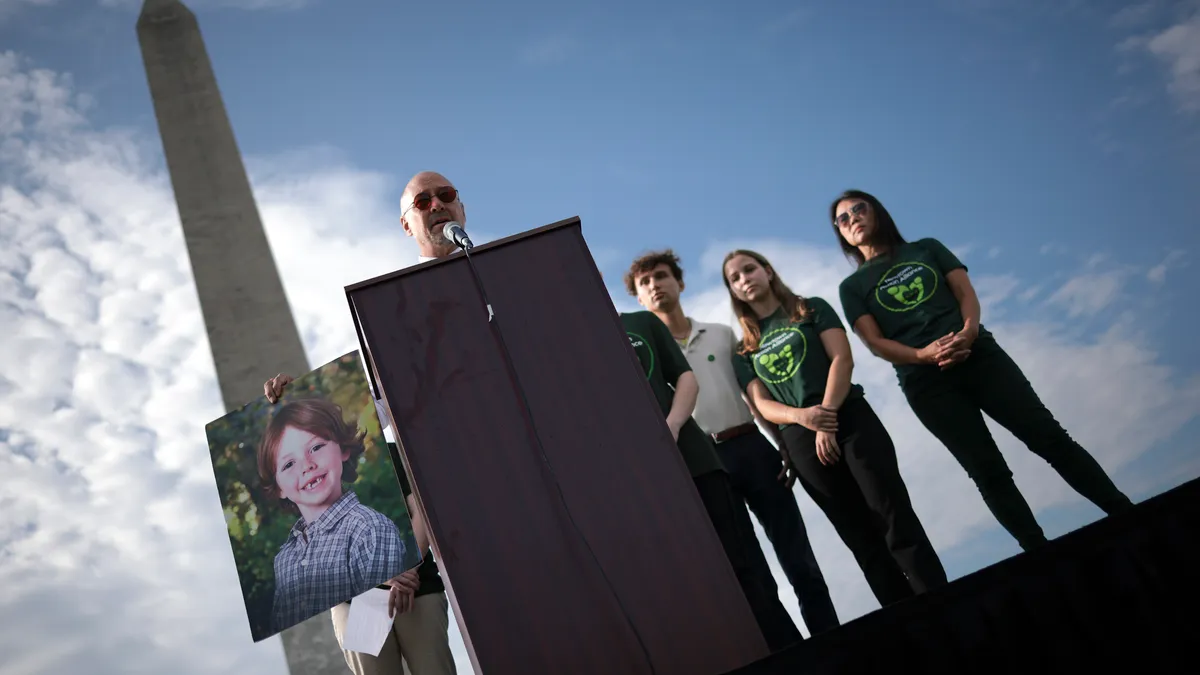Dive Brief:
- After fewer than 10 years of virtual charter school operations in the state, the Indiana State Board of Education voted this week to recommend sweeping changes that would impose stricter regulations on and stronger oversight for such schools, including two of the largest and worst-performing schools in the state, Chalkbeat reports.
- The recommended rules, which still need to be approved by lawmakers, would halt public school districts from overseeing virtual schools and eliminate the current fee structure that the board says creates a disincentive to intervene when schools are struggling. The plan would also limit the growth of new schools and those that are underperforming. The board also recommends setting minimum student-to-teacher ratios for virtual charters and virtual education programs in public schools and requiring students to undergo mandatory orientation before enrolling to ensure better attendance and engagement with virtual schools.
- Proponents of the changes, including the former head of three online schools under the Hoosier Academies network, say the industry needs stronger guardrails if it is to be effective, while opponents say capping enrollment would limit the ability to decrease the student-to-teacher ratio and that stricter rules would limit innovation.
Dive Insight:
While virtual charter schools and virtual public schools can work well for students who can focus on tasks independently and who have someone in their home environment to make sure they are spending the time needed to learn, many students struggle learning in a completely virtual environment. Many students also turn to virtual education only after falling too far behind in traditional classrooms.
Because of these issues, states like Ohio and Pennsylvania have begun cracking down on virtual schools because of low virtual attendance and student performance, low test participation and low graduation rates, in some cases. Funding has also been an issue with some virtual schools as low-teacher-to-student ratios mean higher profits and lower student performance.
Though some virtual charter school operators balk at increased regulation, the support for stronger oversight is strong. In 2016, the National Alliance for Public Charter schools, the 50-State Campaign for Achievement Now, and the National Association of Charter School Authorizers jointly released a call to action to hold full-time virtual charter schools more accountable for performance of their students. And, while touring Indiana in October, U.S. Secretary of Education Betsy Devos said Indiana was responsible for making sure that online schools are “meeting the needs of the students, the families and the taxpayers of that state.”






 Dive Awards
Dive Awards






